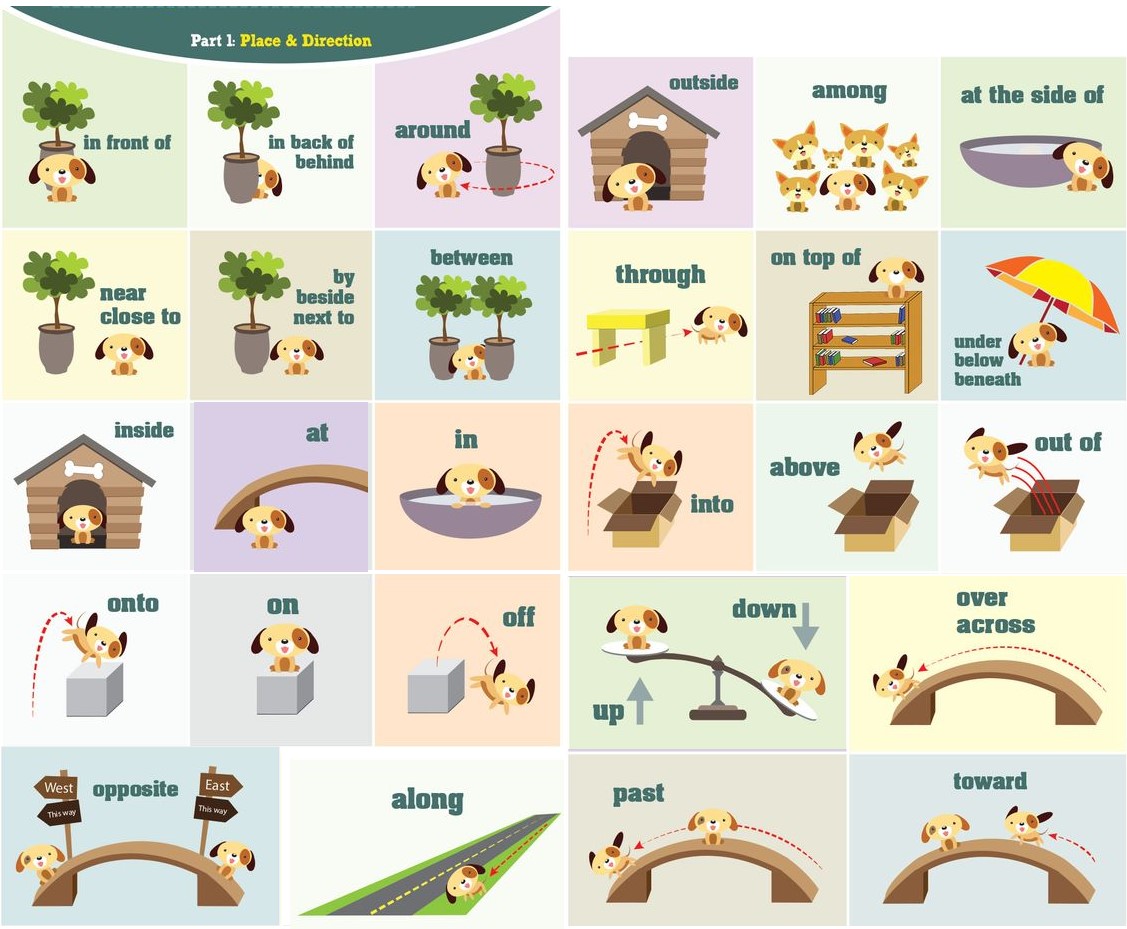АЛИМАН. Алиманова Р.Т. - СОШ №12 (1). Областной учебнометодический кабинет организаций дошкольного, общеобразовательного, технического и профессионального образования Управления образования ЗападноКазахстанской области
 Скачать 0.67 Mb. Скачать 0.67 Mb.
|
|
Substitute with –ves
Both forms are possible with the following nous: scarf → scarfs/scarves hoof → hoofs/hooves Add -s for words ending in -ff. Nouns ending in -o Add –s
Add –es
Both forms are possible with the following nous: buffalo → buffalos/buffaloes mosquito → mosquitos/mosquitoes tornado → tornados/tornadoes Irregular Plural Forms
Appendix №10 Possessive form of nouns The possessive form is used with nouns referring to people, groups of people, countries, and animals. It shows a relationship of belonging between one thing and another. To form the possessive, add apostrophe + s to the noun. If the noun is plural, or already ends in s, just add an apostrophe after the s. We always add -s with an apostrophe in English: Ronny's brother Singular Add 's to the noun: Mandy's brother John plays football. My teacher's name is ... Plural Add the apostrophe ' to regular plural forms: The girls' room is very nice. The Smiths' car is black. Add 's to irregular plural forms: The children's books are over there. Men's clothes are on the third floor. If there are multiple nouns, add 's only to the last noun: Peter and John's mother is a teacher. If there are multiple nouns that refer to one person/thing – add 's to the last noun: Peter and John's mother is a teacher. If there are multiple nouns that refer to more persons/things – add 's to both nouns: Susan's and Steve's bags are black. Singular names ending in -s Although it is not considered to be good English, you may add only the apostrophe words ending on unpronounced –s: Charles's dog – Charles' dog; Illinois's capital – Illinois' capital Words ending in -x and -z follow the same rules: Felix's car – Felix' car But there are situations where only 's is the best choice to make the meaning clear. Appendix №11 Noun-Substitutes We use one/ones instead of repeating a countable noun. Singular: one Plural: ones John has three cars – a red car and two blue cars. John has three cars – a red one and two blue ones. Jack has five pens – two green pens and three yellow pens. Jack has five pens – two green ones and three yellow ones If you buy two bottles of water, you get a third bottle free. If you buy two bottles of water, you get a third one free. Appendix №12 Unusual Order of words Sentences with conjunctions and connecting words
Appendix №13 Prepositions  Appendix №14 Types of questions. Tag-question Use frequently used in spoken English when you want someone to agree or disagree Form positive statement → question tag negative → You are Tom, aren't you? negative statement → question tag positive → He isn't Joe, is he? Examples with auxiliaries: You've got a car, haven't you? without auxiliaries:(don't, doesn't, didn't) They play football on Sundays, don't they? She plays football on Sundays, doesn't she? They played football on Sundays, didn't they? Questions tags are used to keep a conversation going. You can agree or refuse to a sentence with a question tag. Affirmative sentence: He is from Germany, isn't he? Negative sentence: He isn't from Germany, is he? Possible answers are Yes or No. If you use “Yes”, do not use contracted forms. If you use No, contracted form are possible. Yes, he is. No, he is not. or No, he isn't. or No, he's not. Yes/No questions – be (am, are, is) Subject and verb change their position in statement and question. Sentence: You are from Germany. Question: Are you from Germany? We always use the short answer, not only Yes or No. NOTE: If the answer is Yes, we always use the long form. → Example: Yes, I am. If the answer is No, we either use the long or the contracted form (short form). → Example: No, I am not → No, I'm not.
Short-form answers. We do not use only Yes or No to answer a question. This is not polite. We use short answers. Here are some examples:
* Use long forms instead of contracted forms to emphasize your answer. Do you like fish? – No, I do not. Questions with question words and be Questions with question words are also called WH-questions.
Appendix №15-16 The adverbs and the adjectives in English | ||||||||||||||||||||||||||||||||||||||||||||||||||||||||||||||||||||||||||||||||||||||||||||||||||||||||||||||||||||||||||||||||||||||||||||||||||||||||||||||||||||||||||||||||||||||||||||||||||||||
